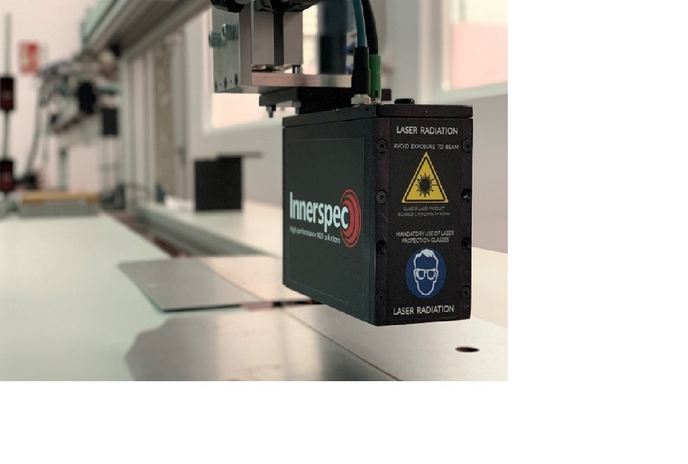Decision support for disabled shipping vessels
Merchant ships that have been disabled for a variety of reasons and require salvage and escort are susceptible to further escalation of hazardous conditions in the absence of support tools for decision making. A prime example is the Amoco Cadiz accident after which uncontrolled drift of the vessel resulted in grounding and subsequent spillage of 227,000 tonnes of crude oil at tremendous financial and environmental cost. An EU consortium consisting of a ship owner association, a port authority, a salvage company, a navigational system supplier, a manoeuvring simulation supplier and others developed the ‘Strategic aid for escort and salvage tugs at work’ (Safetow) project to create integrated software providing real-time decision support to masters of disabled vessels and masters of salvage and escort tugs. Researchers defined accident scenarios and then collected experimental manoeuvring data in such cases, including manoeuvring with more than one tug. The data were used to develop software then integrated with the vessels’ bridge systems to provide real-time decision support for safe and effective towing and manoeuvring. The software also provided training and monitoring capabilities. Commercialisation of the decision support software could significantly reduce accidents and post-accident complications with important economic benefits for the shipping and salvage industries, as well as enhanced safety for citizens and the environment.







